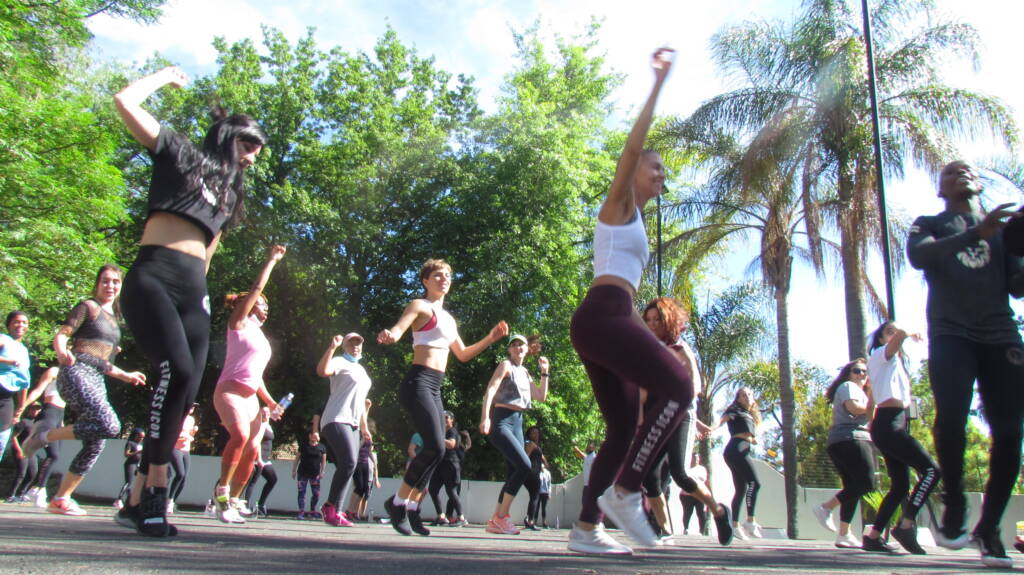Functional training programs encompass a diverse range of intensities tailored to individual fitness levels. They leverage a combination of exercises strategically designed to engage multiple muscle groups simultaneously. By incorporating conventional dynamic functional movements, these programs ensure a comprehensive workout experience that not only builds strength but also enhances endurance and agility. Whether you’re a beginner or an advanced fitness enthusiast, there’s a program suitable for your needs and goals.
At the core of these programs is the emphasis on body-weight training
By utilizing one’s own body weight as resistance, participants engage in exercises that promote functional strength and stability. From squats and lunges to push-ups and planks, these body-weight movements form the foundation of functional training. They not only build muscle but also improve balance and coordination, essential for everyday activities and athletic performance.


Whether it’s incorporating resistance bands, kettlebells, or dumbbells, the inclusion of additional weight challenges the muscles in new ways, promoting further adaptation and growth.
Moreover, the versatility of functional training allows for endless variations and modifications to suit individual preferences and needs. Trainers can adjust the intensity, duration, and complexity of exercises to accommodate different fitness levels and goals. Whether you’re aiming to lose weight, improve mobility, or enhance athletic performance, functional training offers a flexible and effective approach to achieving your desired outcomes. With its focus on practical, functional movements and adaptable workout routines, these programs empower individuals to optimize their fitness journey and unlock their full potential.
Furthermore, functional training goes beyond the confines of traditional gym settings, making it accessible to individuals of all backgrounds and lifestyles. Whether you prefer to train in a gym, at home, or outdoors, the versatility of functional workouts allows for seamless integration into any environment. This accessibility fosters consistency and adherence to fitness routines, promoting long-term health and wellness goals. Additionally, the emphasis on functional movements translates to real-life benefits, improving overall physical function and quality of life. From lifting groceries to playing with children, the strength, endurance, and agility developed through functional training enhance daily activities, empowering individuals to live life to the fullest.